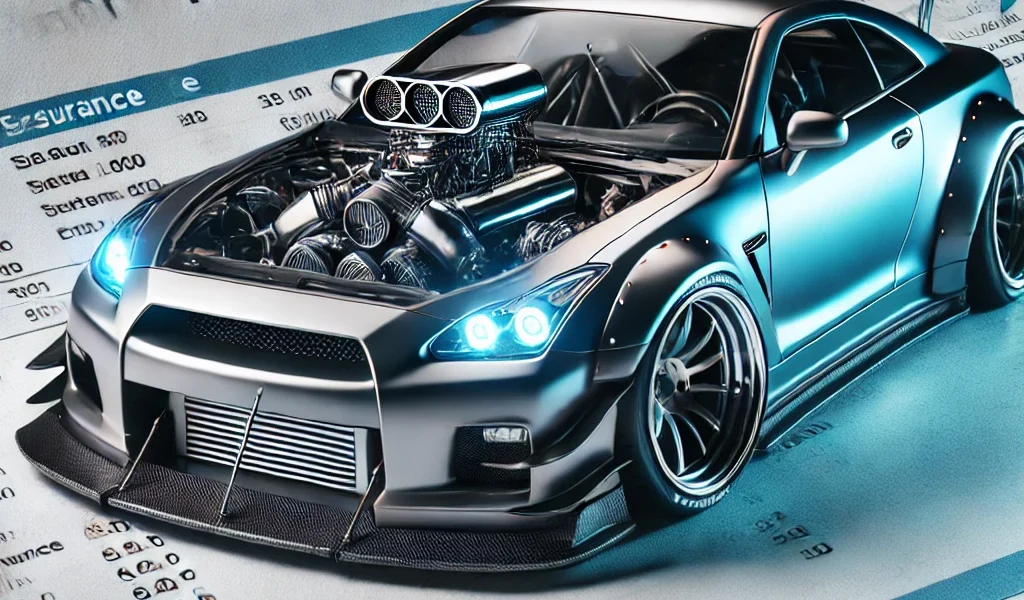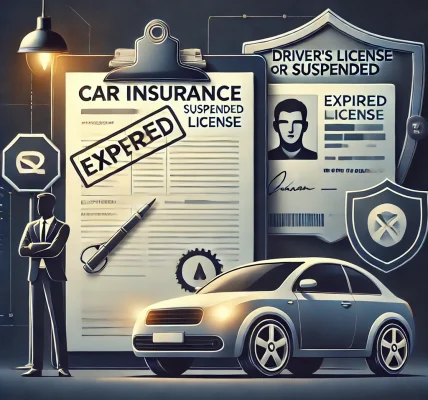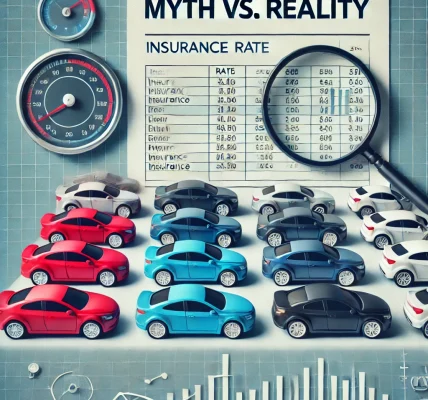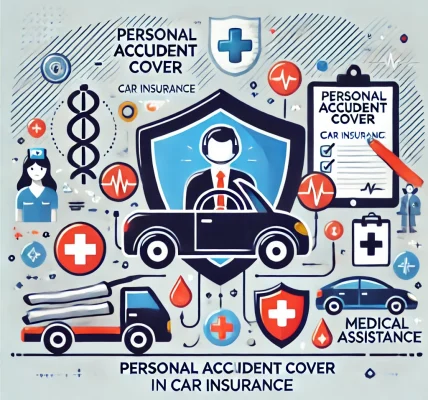Car enthusiasts often modify their vehicles to enhance performance, aesthetics, or functionality. While these modifications can make your vehicle stand out, they can also significantly impact your car insurance premiums. Before making any changes, it’s essential to understand how insurance companies view modifications and how they can affect your coverage costs.
In this guide, we’ll cover how car modifications influence insurance premiums, which changes are high-risk, and how to find the best insurance policy for a modified car.
What Are Car Modifications?
Car modifications refer to any alterations made to a vehicle that differ from the manufacturer’s original specifications. These modifications can be categorized into three main types:
- Performance Enhancements – Upgrades like turbochargers, superchargers, engine tuning, and suspension modifications.
- Aesthetic Changes – Custom paint jobs, alloy wheels, spoilers, tinted windows, or body kits.
- Technology & Safety Additions – Anti-theft systems, dashcams, parking sensors, or adaptive headlights.
Each type of modification has a different effect on your insurance rates and eligibility for coverage.
How Car Modifications Impact Your Insurance Premiums
1. Increased Risk Factor = Higher Premiums
Insurance companies calculate premiums based on risk. Modifications that enhance speed, power, or aerodynamics make a vehicle more prone to accidents, leading to increased insurance costs.
For example:
- Adding a turbocharger can increase premiums by 30-50% because it enhances speed and acceleration.
- Lowering suspension can make a vehicle harder to control, especially in poor weather conditions.
2. Higher Theft Risk
Modified cars, especially those with custom paint jobs, expensive wheels, or high-end sound systems, are often targeted by thieves. This increased risk can result in higher insurance premiums.
- Vehicles with luxury modifications may see a 20-40% rise in insurance costs.
- Adding an advanced GPS tracking system can help reduce this risk and lower premiums.
3. Non-Standard Repair Costs
Modifications can lead to higher repair costs, as custom parts and labor are often more expensive than stock parts. Insurance companies adjust premiums accordingly to cover these added expenses.
- If a modified vehicle is damaged, specialized parts may need to be sourced, increasing claim costs.
- Aftermarket parts are often harder to replace than factory parts, which can also increase repair times and labor costs.
4. Possible Policy Voiding
Failing to disclose modifications to your insurer can result in:
- Claim denial in case of an accident.
- Policy cancellation if modifications are considered too risky.
- Legal issues if your vehicle does not meet local regulations.
It’s crucial to inform your insurer about any modifications to avoid complications in the future.
Which Car Modifications Affect Insurance the Most?
High-Risk Modifications (Major Premium Increase)
🚗 Engine performance upgrades (Turbochargers, Nitrous systems)
🚗 Suspension modifications (Lowered or raised suspension)
🚗 Sports exhaust systems (Loud, high-performance exhausts)
🚗 Custom body kits (Aerodynamic changes affecting vehicle handling)
🚗 Large alloy wheels (Alters stability and braking)
🚗 High-performance brakes (May indicate aggressive driving habits)
Medium-Risk Modifications (Moderate Premium Increase)
🚙 Custom paint jobs (Luxury, matte, or unique finishes)
🚙 Tinted windows (May reduce visibility and attract theft)
🚙 LED light modifications (May impact visibility for other drivers)
🚙 Aftermarket sound systems (Increased theft risk)
Low-Risk Modifications (Minimal or No Impact on Premiums)
✔️ Dashcams (Can sometimes lower premiums by providing accident evidence)
✔️ Parking sensors (Helps prevent minor accidents)
✔️ Anti-theft devices (Can reduce risk and lower premiums)
✔️ Adaptive headlights (Improves safety and may reduce costs)
How to Insure a Modified Car & Save Money
✅ 1. Inform Your Insurance Provider
Always disclose modifications to your insurer. Hiding them can lead to denied claims or policy cancellations.
✅ 2. Shop Around for Modified Car Insurance
Some insurers specialize in modified car coverage. Compare quotes to find the best deal for your needs.
✅ 3. Install Security Features
Adding an alarm system, GPS tracker, or steering wheel lock can help offset increased premiums.
✅ 4. Opt for a Higher Deductible
Choosing a higher deductible can lower your monthly premium costs while keeping you protected.
✅ 5. Join a Car Owners Club
Some insurers offer discounts to members of recognized car clubs, especially for classic or modified car enthusiasts.
Final Thoughts
Car modifications can significantly impact your insurance premiums, depending on the type and extent of the changes. While performance and aesthetic upgrades often lead to higher costs, safety modifications may help reduce rates.
💡 Thinking of modifying your car? Get a quote from your insurer before making changes to ensure your modifications are fully covered.



